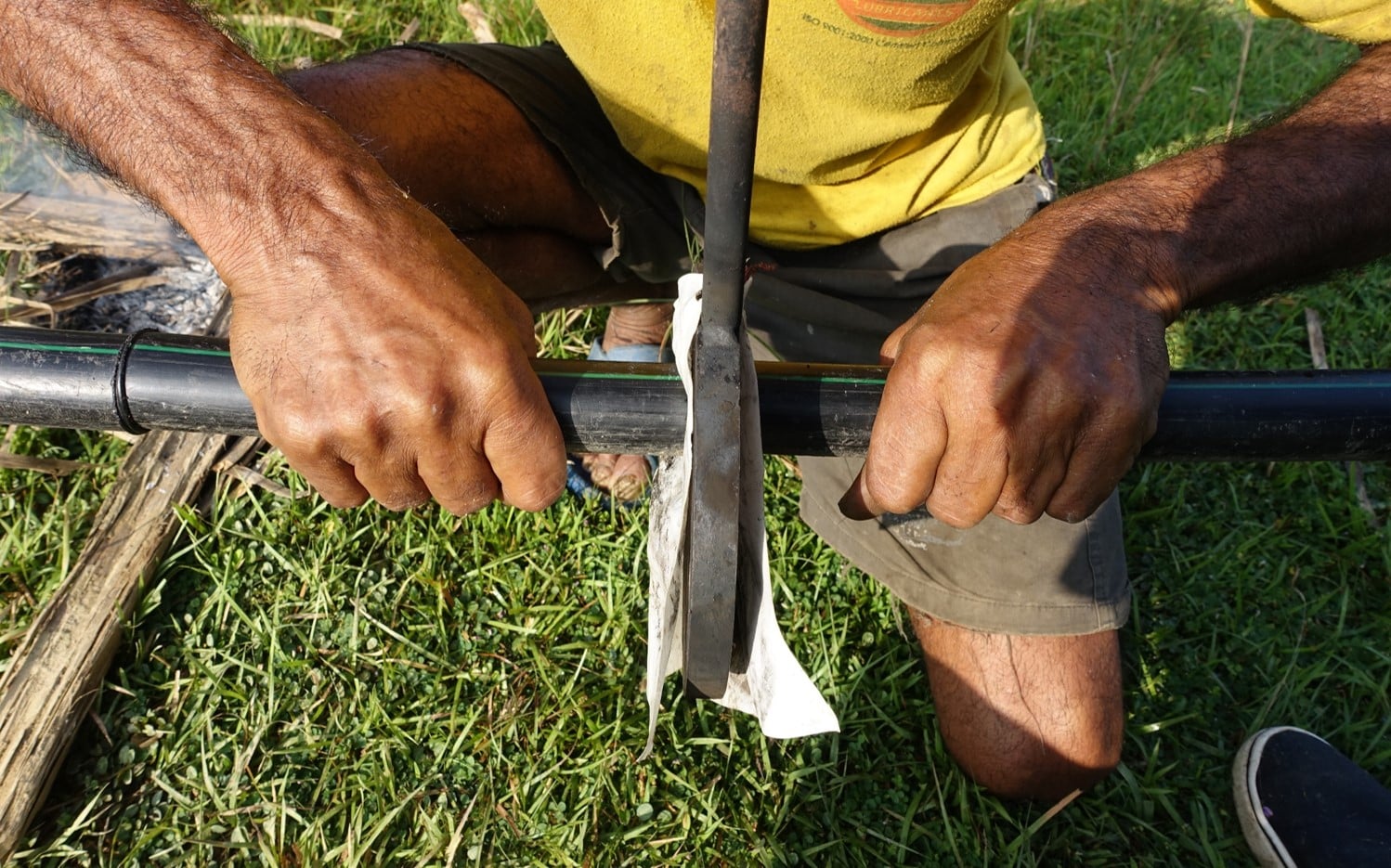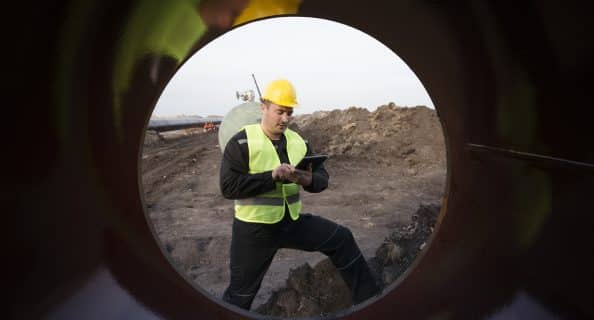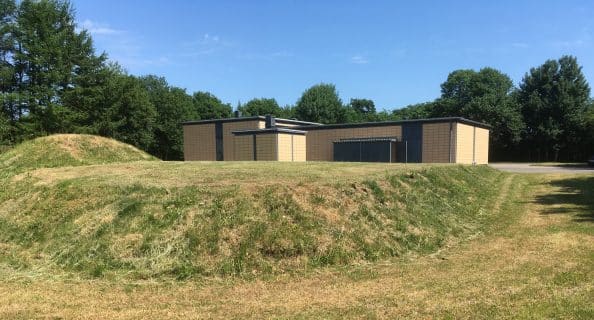The project aims to establish a sustainable water supply network for three villages, ensuring clean drinking water for approximately 420 families. The water supply network must have sufficient capacity to provide 65 liters of clean water per capita per day, as defined by Nepalese indicative standards. The project is expected to eliminate the shortage of drinking water in the area.
The project supports several of the UN Sustainable Development Goals, in particular Goal 6: ‘Clean water and sanitation’ and Goal 17: ‘Partnerships for action’. Through collaboration with Kathmandu University and OXFAM Nepal, the project also focuses on training local engineers and technicians.
The East Jutland organization, Jysk village development in Nepal, is leading the project to ensure clean drinking water for several villages and has hired Envidan to carry out the technical work of establishing a reliable and hygienic water supply. The project is supported by the Grundfos Foundation and is carried out in close cooperation with local authorities and Jutland Village Development in Nepal’s local partner organization MIISDP in Madi. Several strong Danish suppliers are also involved in the project: Kamstrup is supplying meters and AVK is supplying valves.
Clean drinking water – even after the project is over
The ability of local people to operate and maintain the system themselves is crucial to the success of the project. Therefore, local technicians will be trained as part of the project to provide technical services during the operation and maintenance phase.
Water2Nepal will support and establish an effective framework for the operation, maintenance and management of the water supply system. This is done in cooperation with local authorities. In the project, the partners plan to implement smart water meters and smart payment for water consumption, which will reduce operational difficulties, staff requirements and secure the economy through an efficient payment system. In addition, the installation of smart meters will enable the system to record water consumption data and localize leaks in the system.
Once the project is completed, the system will be transferred to the Municipality of Madi, which will be responsible for its operation and maintenance.
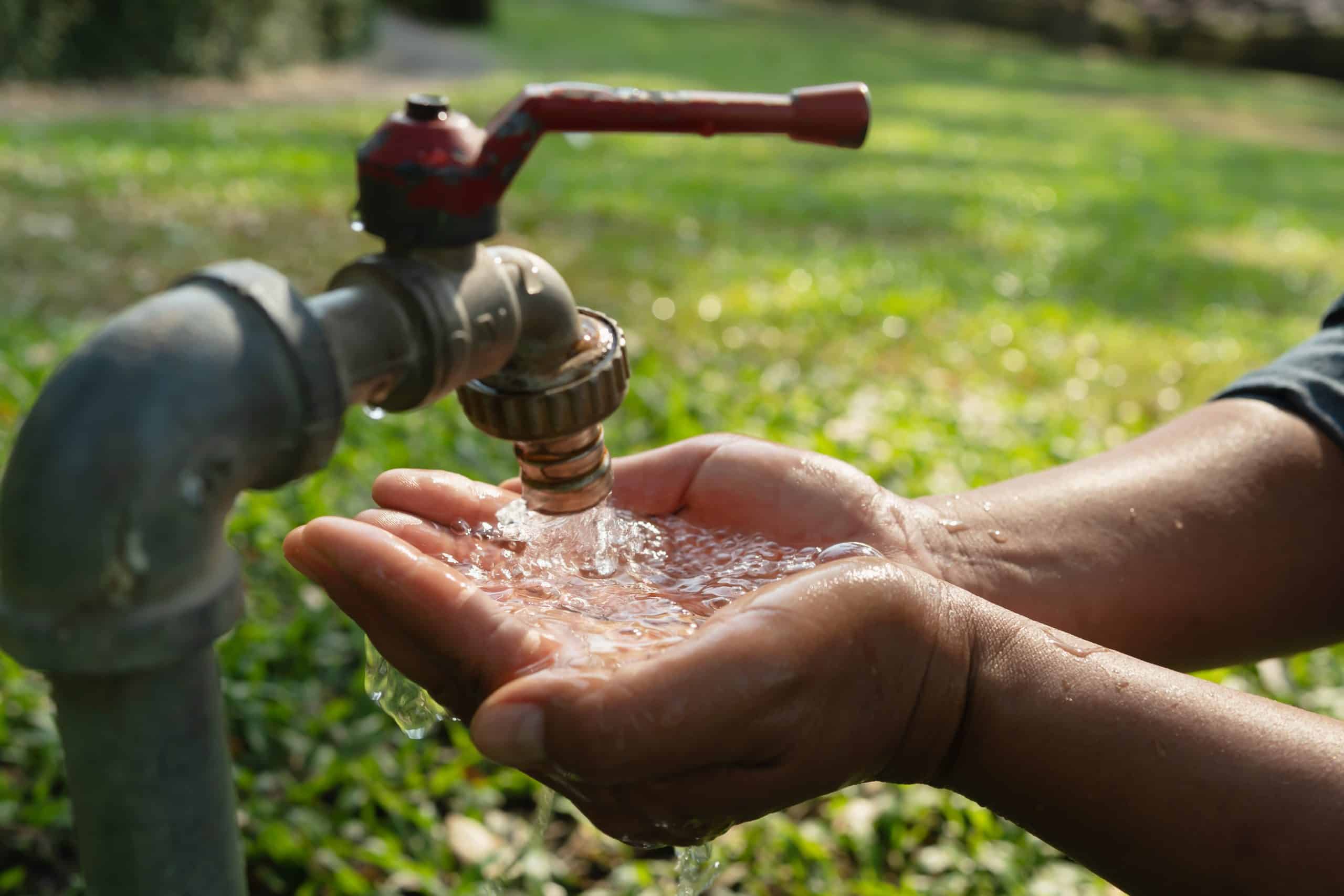
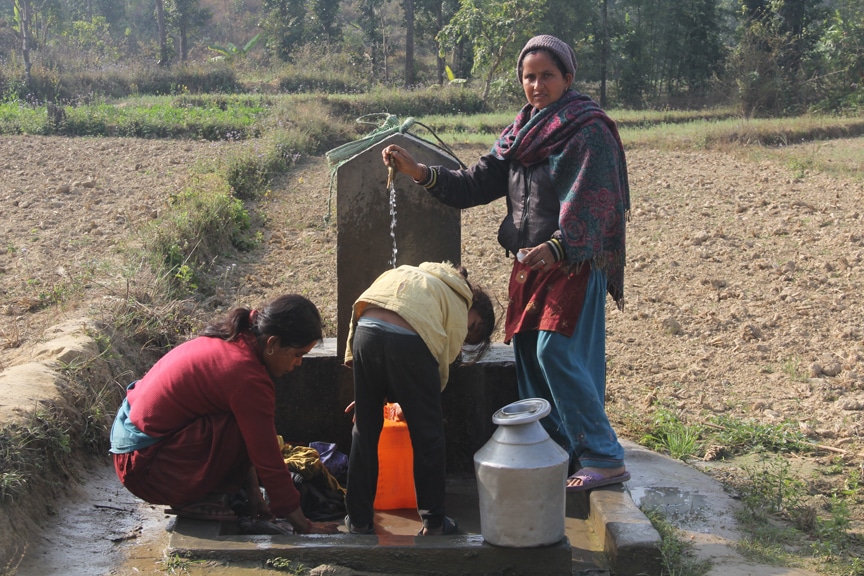
An efficient and sustainable drinking water project
Envidan carries out all the technical installations such as design, project management and quality control. It is Envidan’s responsibility to bring Danish expertise into the choice of design of the water supply system. Various possible solutions have been analyzed, but a simple yet effective solution has been chosen based on the available resources and technologies.
To determine the supply requirements, a hydraulic simulation was carried out to design the water supply system. Solar energy is the primary power source for the submersible pump, which lifts water from the 100 m deep aquifer to the 285 m3 capacity water tower. The supply from the water tower will be based on gravity which, combined with pumps powered by solar energy, ensures lower operating costs and relatively low water charges.
Local anchoring and involvement
Envidan has also been involved in a major communication effort to raise awareness of how important it is for residents to register in the new drinking water system to ensure clean drinking water in the future. More than 85% of citizens have already signed up to the new system by paying the connection fee.
A multi-phase project
The project helps to ensure clean drinking water for the Nepalese villages and is divided into several phases, where engineers from Envidan have visited Nepal several times to work on the project. Most recently, project engineer Surya Prajapati has left to work on the next phase of the project, where he and his partners are supervising the piping and the elevated tank, among other things. He is accompanied by Hamon Hedayat, who, in addition to participating in the work to establish a safe drinking water supply, has also been allowed to use the project in his field studies as part of his engineering degree at Lund University.
